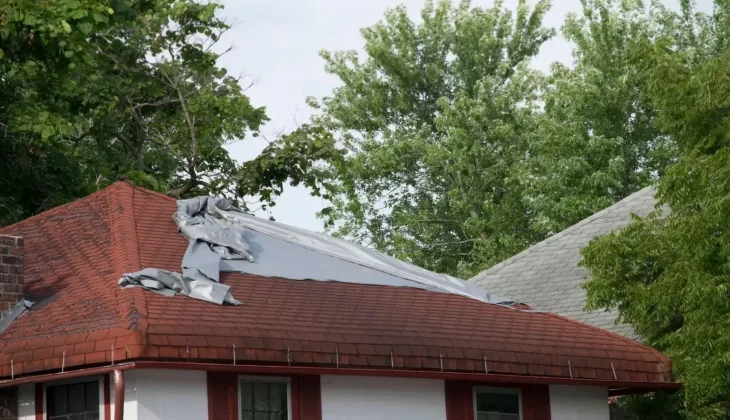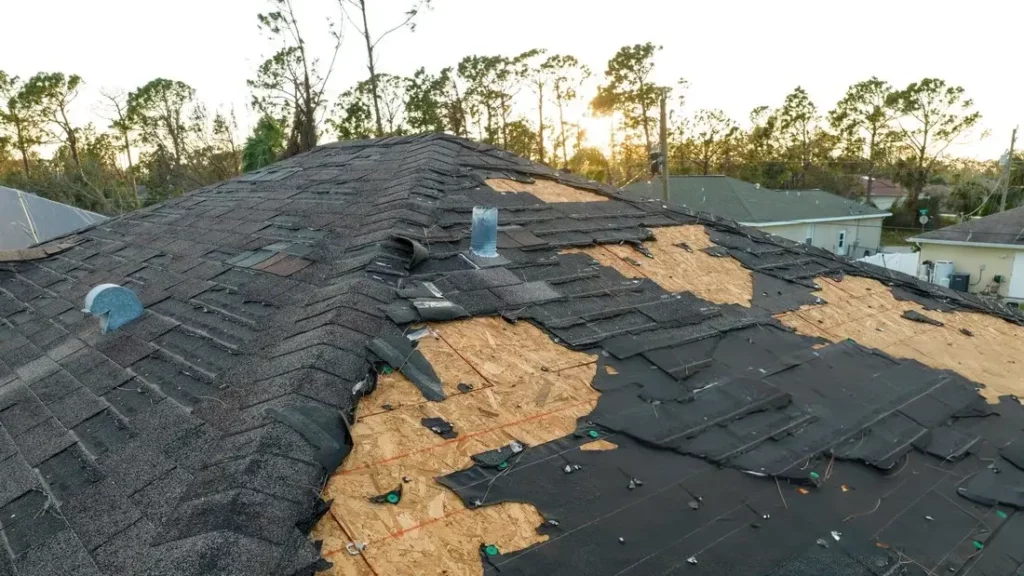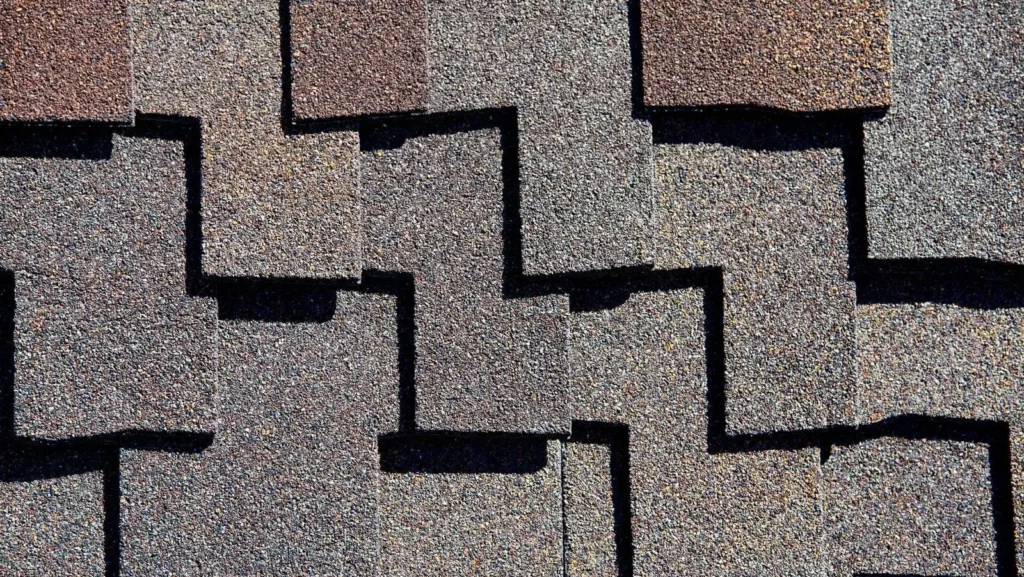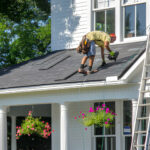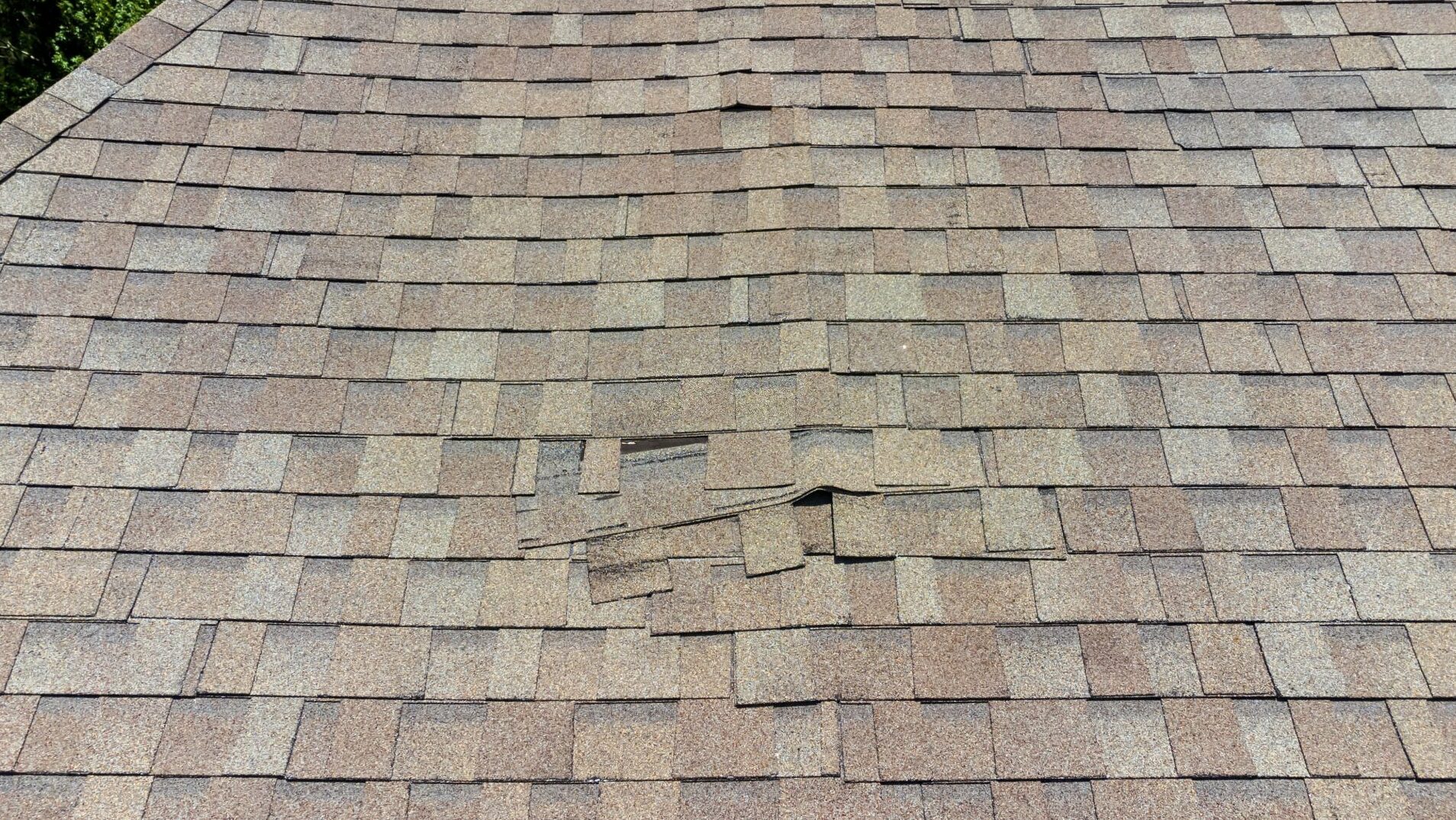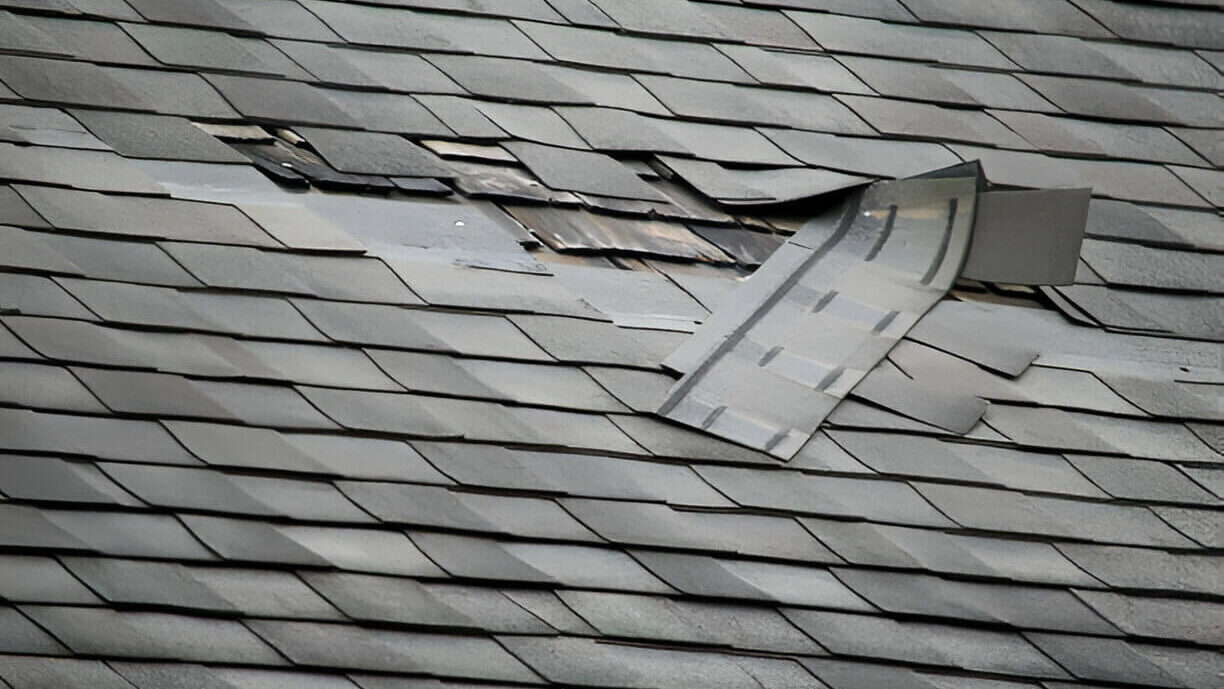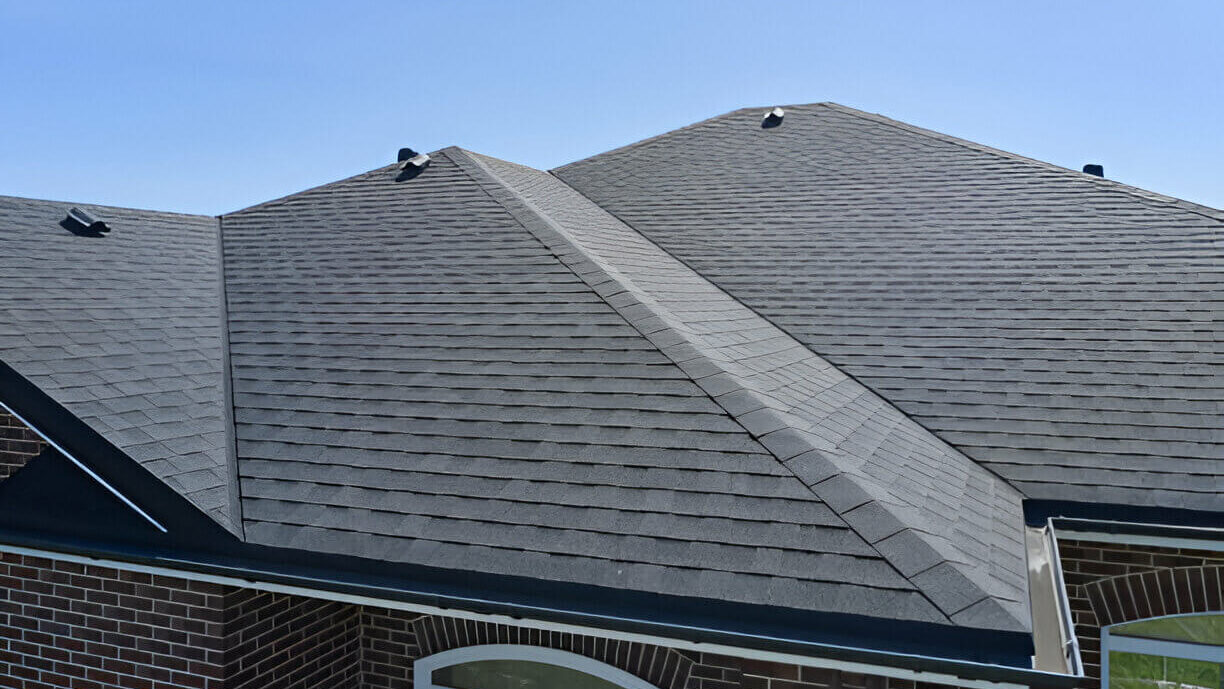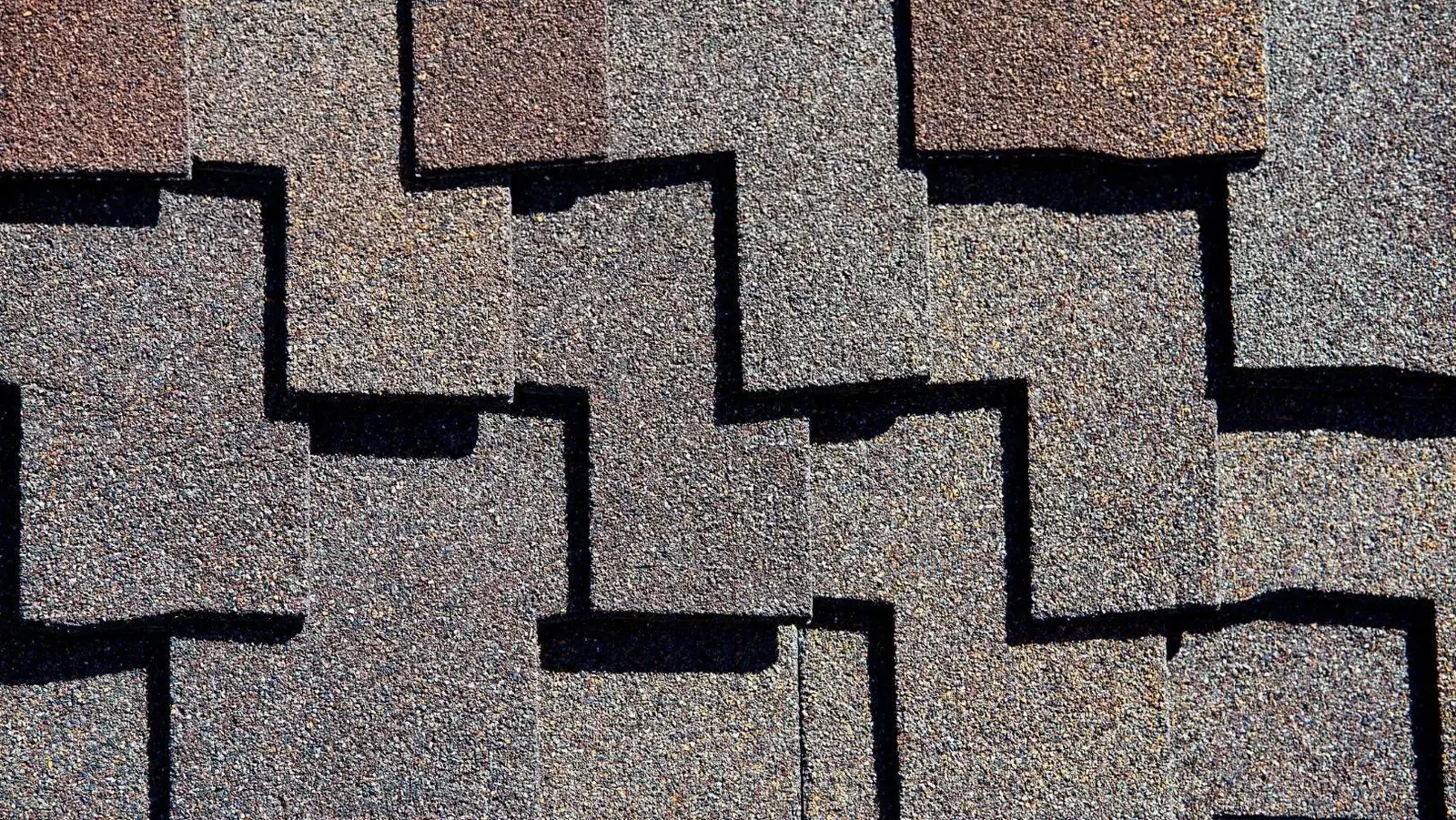Dealing with a storm-damaged roof and guiding the insurance thing is tough enough. We understand how frustrating it can be when your claim gets the thumbs down.
Table of Contents
ToggleIt is a scenario that unfolds all too often. Homeowners like you find themselves in a situation where their roof insurance claim is denied, leaving them with a number of questions.
However, a roof insurance claim denied is not the final word. Wondering what to do next? Let me guide you through your next steps.
60% of initially denied claims could be successfully overturned with the right approach.
5 Common Reasons Why Do Insurance Companies Deny Roof Claims
Here are the most common reasons why roof companies deny your roof claims:
1. Manufacturer’s Defect
If your roof damage is a result of bad materials from the manufacturer, your insurance is unlikely to cover it. Insurance is primarily designed to handle unexpected events from Nature, such as storms, and not errors during manufacturing.
In most cases, it is the manufacturer’s responsibility to address such issues under warranty, not your insurer.
Therefore, if you are dealing with roof repairs, it is essential to check the warranty – it could be your best solution. Explore roofing finance options if you are planning a significant repair job without straining your budget.
2. Roof Age & Normal Wear and Tear
Insurance companies expect homeowners to maintain their roofs and replace them at the end of their lifespan.
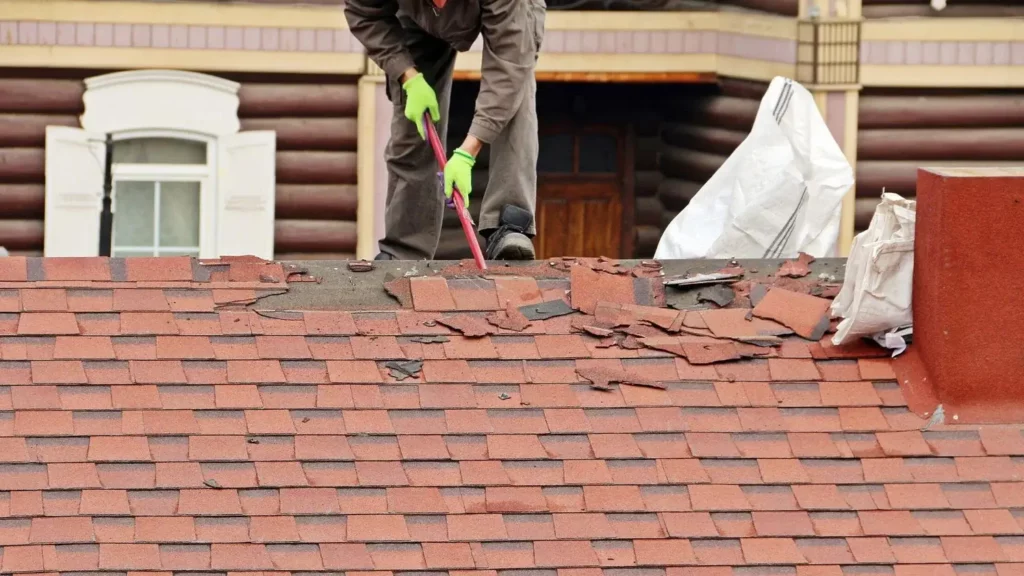
If a roof is past its service life or shows signs of normal wear and tear, insurers might view any damage as unavoidable rather than accidental, leading to claim denial.
Regular inspections and maintenance are fundamental to avoiding this issue, as they can extend the life of your roof and help provide coverage when damage does occur.
3. Missing or Inadequate Documentation
To determine an insurance-denied roof claim, sharp records are your best friend. Keep a solid track of all fixes, check-ups, and routine care the roof has enjoyed throughout its life.
It is falling short of showing that damage arose from an insured risk or proving regular care. Well, that could get your claim kicked to the end.
Follow this tip: Collect all those receipts, inspection summaries, and photos of your roof’s prime moments.
4. Improper Maintenance
A key problem with insurance claims for roofs often boils down to gloomy maintenance. Yes, those insurers are sticklers for regular roof care.
If you skip out on tasks like gutter cleaning or ignore those small fixes, insurers might gain any damage to neglect, not to the storms or incidents they actually cover.
That is a fast track to a thumbs-down on your claim when the adjuster moves in and sees a maintenance accident instead of a harsh weather event.
Keeping your roof in top condition through frequent check-ups is a must—it not only keeps your shelter strong but also supports your case for a claim when the skies do fall.
5. Claims Filed Too Late
Filing a claim too late is another effective reason for denial. Insurance policies typically have specific time frames within which you must report damage.
For instance, some policies require a claim to be filed within one or two years from the date of the damage. Assume the claim is filed after this period.
In that case, the insurance company is likely to deny it, arguing that too much time has passed, maybe worsening the damage due to a lack of timely reporting and reduction efforts.
What To Do If Insurance Denied Roof Claim?
Here is what you need to do if insurance denies the roof claim:
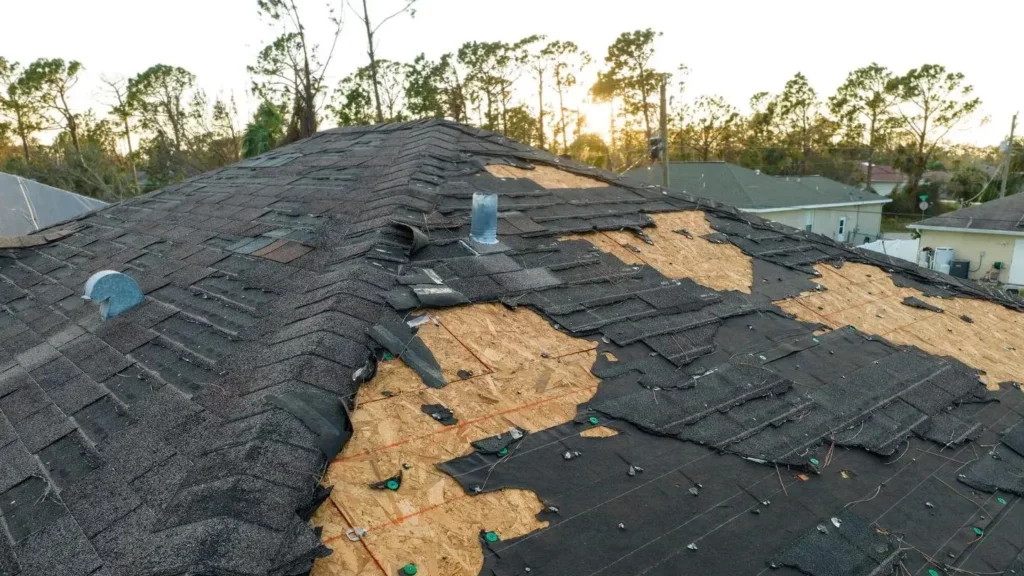
1. Review Your Denial Letter
Knowing why your insurance denied your roof claim is the first step. Insurers usually provide a detailed explanation in the denial letter, which can include reasons such as wear and tear, incorrect installation, or damages that are believed to be maintenance issues rather than accidental or unexpected damage. It is important to compare these reasons with your policy’s coverage details.
2. Review Your Insurance Policy
Aside from the cost of a metal roof, it is vital to thoroughly review your insurance policy. Policies often contain clauses that specify the types of damage they will cover and the circumstances in which they will intervene.
If you have had a claim denied, it could be because certain exclusions or conditions were not met, such as filing on time or proving the damage was not a slow burn. Not being aware of these specifics could leave you vulnerable.
3. Contact Your Insurance Agent
Once you have glanced over your policy and figured out why they said no, give your insurance agent a call. They are there to clear up any confusion about the denial and figure out if something slipped through the cracks.
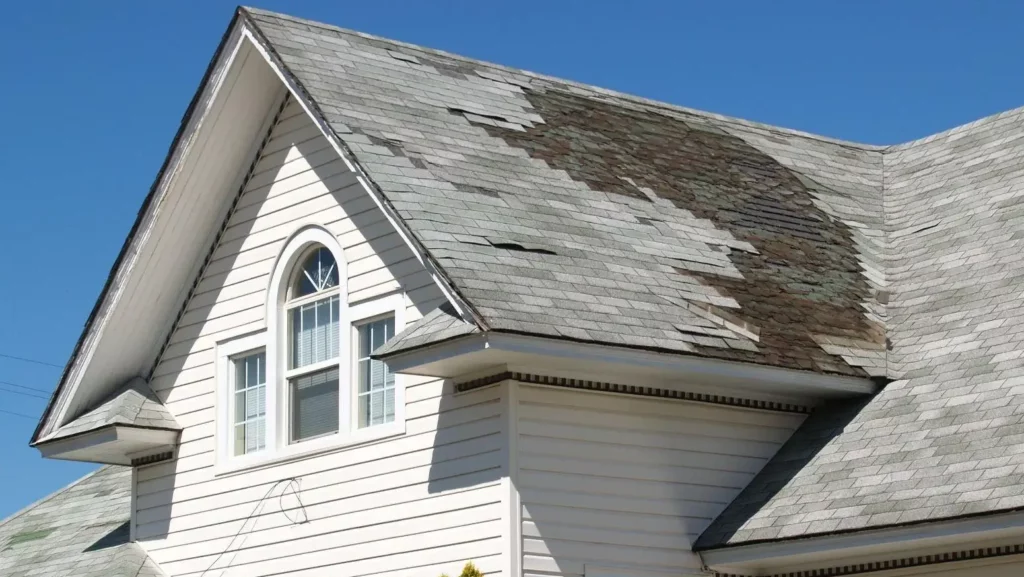
Believe it or not, a silly mix-up or paperwork confusion can sometimes get your claim knocked out. If you think your roof claim denied was a mistake, your agent’s your person for launching an appeal.
They will also know any extra paperwork or proof you might need to beef up your case, like upkeep logs or third-party evaluations.
4. File an Appeal
If your roof claim is denied, you should first understand the specific reasons for the denial, as these will guide your appeal.
Common reasons include policy exclusions, pre-existing damage, or late filing. Once you are clear on why the claim was denied, you can begin the appeal process by preparing and submitting a formal appeal letter to your insurance company.
This letter should clearly state why you believe the denial was incorrect, supported by evidence such as repair estimates, photos of the damage, and any previous correspondence with the insurer.
5. Get a Professional Roof Examination
Besides appealing, consider having your roof professionally checked. This step is key—think of it like getting a second opinion from a doctor for a problematic diagnosis.
A professional roofer can give their verdict on the damage, which might give your insurance roof claim the push it needs.
They will figure out if your policy should cover the damages and point out any extra issues that might have been missed initially.
This provides solid backup to challenge the insurance adjuster’s take, particularly if they have turned you down over something like the roof’s age or some mismatch in the reported damage.
How To Get A Roof Claim Approved?
Here’s how you can approve a roof claim:
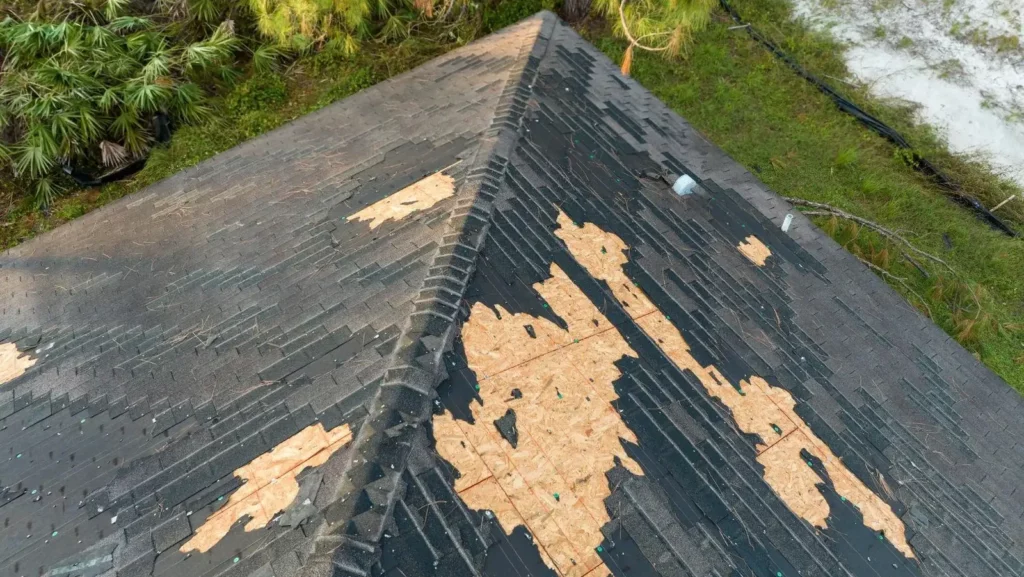
1. Know Your Policy
It is necessary to comprehensively understand the details of your insurance policy. This includes knowing what damages are covered, any typical exclusions, and the conditions under which the insurance company pays for repairs or replacements.
Learning whether your policy offers Replacement Cost Value (RCV) or Actual Cash Value (ACV) can also affect how much you receive in a claim.
2. Act Promptly
Flat roof insulation is not just about keeping comfortable; it is a race against time when damage strikes.
Photograph some pictures of the damage ASAP and let your insurance know quickly. Why rush? Well, it is not just about avoiding more chaos from nature. Your insurer is looking at the clock, too—report fast or risk a headache with claim issues or, worse, get a big “NO” on your claim.
3. Work With A Reputable Roofer
Choosing a good roofing contractor is like choosing the right outfit. A reliable roofer suggests a precise, detailed quote for the damage, which is key to your insurance claim.
They will identify every bit of damage during the adjuster’s visit, making sure your insurance covers all the necessary repairs. This is important because it stops insurance adjusters from underestimating the damage, who might miss some key fixes otherwise.
Insurance Denied Roof Claim FAQs
What Does Homeowners Insurance Cover?
Homeowners insurance typically covers losses and damages to your home and the possessions within. Additionally, it offers protection for other assets located on the property.
Can I Keep Insurance Money And Not Fix the House?
Utilizing insurance money from a claim on expenses other than the specified repairs might lead to your homeowner’s policy being canceled or not renewed.
What Does Homeowners Insurance Not Cover?
Homeowners’ insurance does not usually cover damage from floods, earthquakes, or nuclear accidents. It also excludes war-related damage, intentional destruction, and maintenance issues and provides minimal coverage for mold.
Conclusion
Your ultimate option in avoiding a claim denial from your insurance? Knowledge, hands down.
A roofing contractor is not just handy with tools—they are equipped with the know-how to ensure your insurance claim sails through—the policy licenses you to pick your Contractor of Choice.
Do research and partner with an expert who will not only guide you from claim filing to the final inspection but also maximize your home insurance policy’s value.

